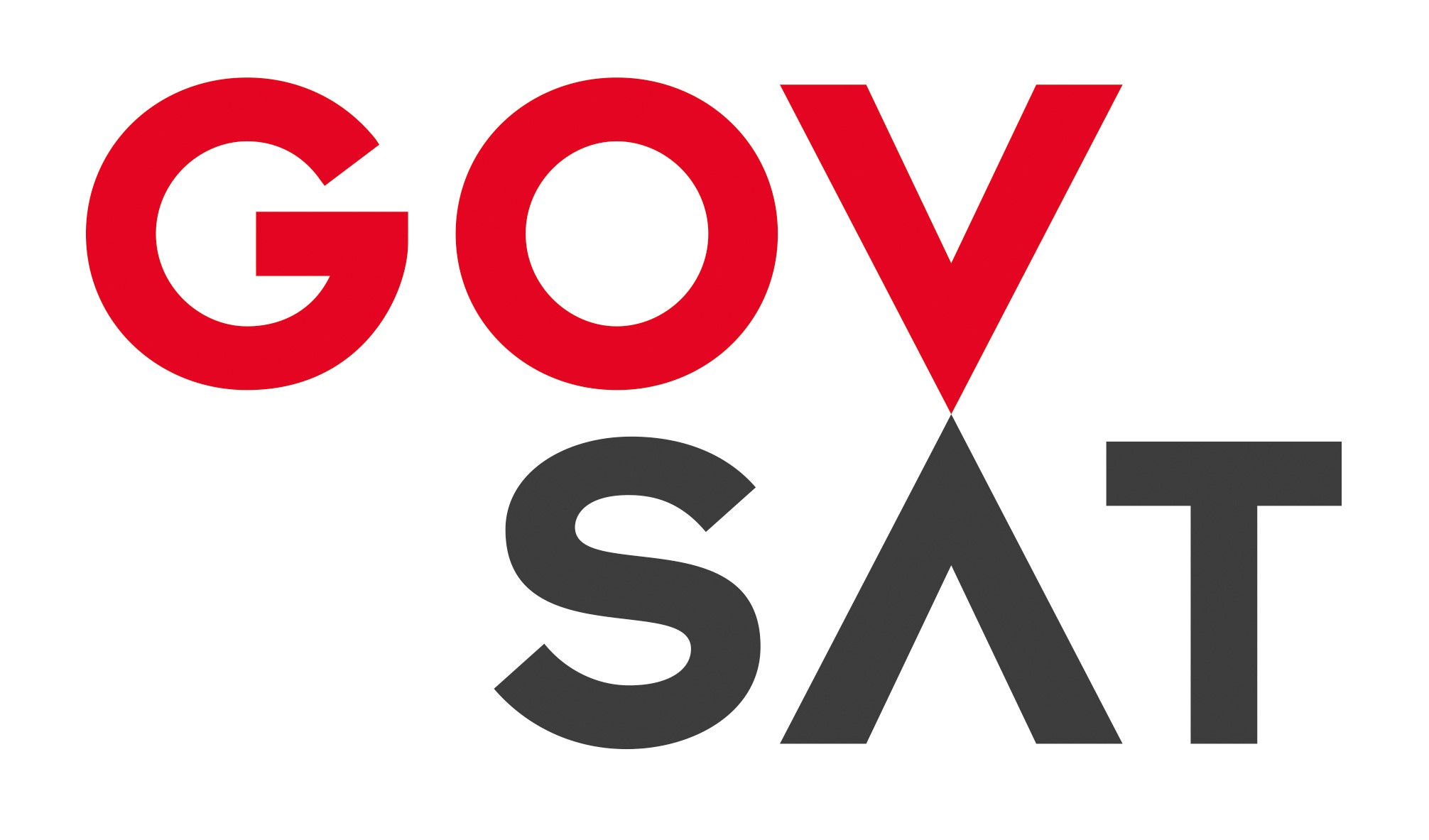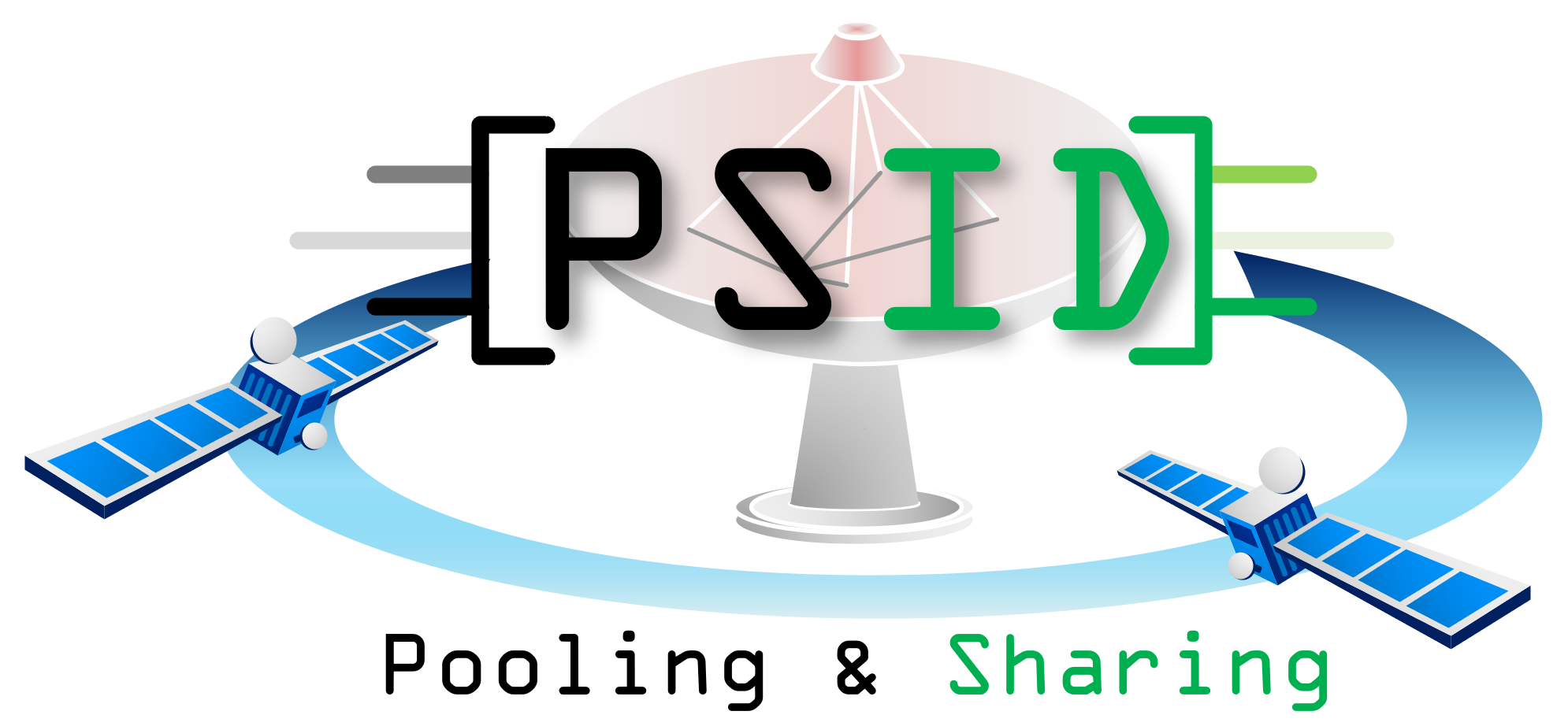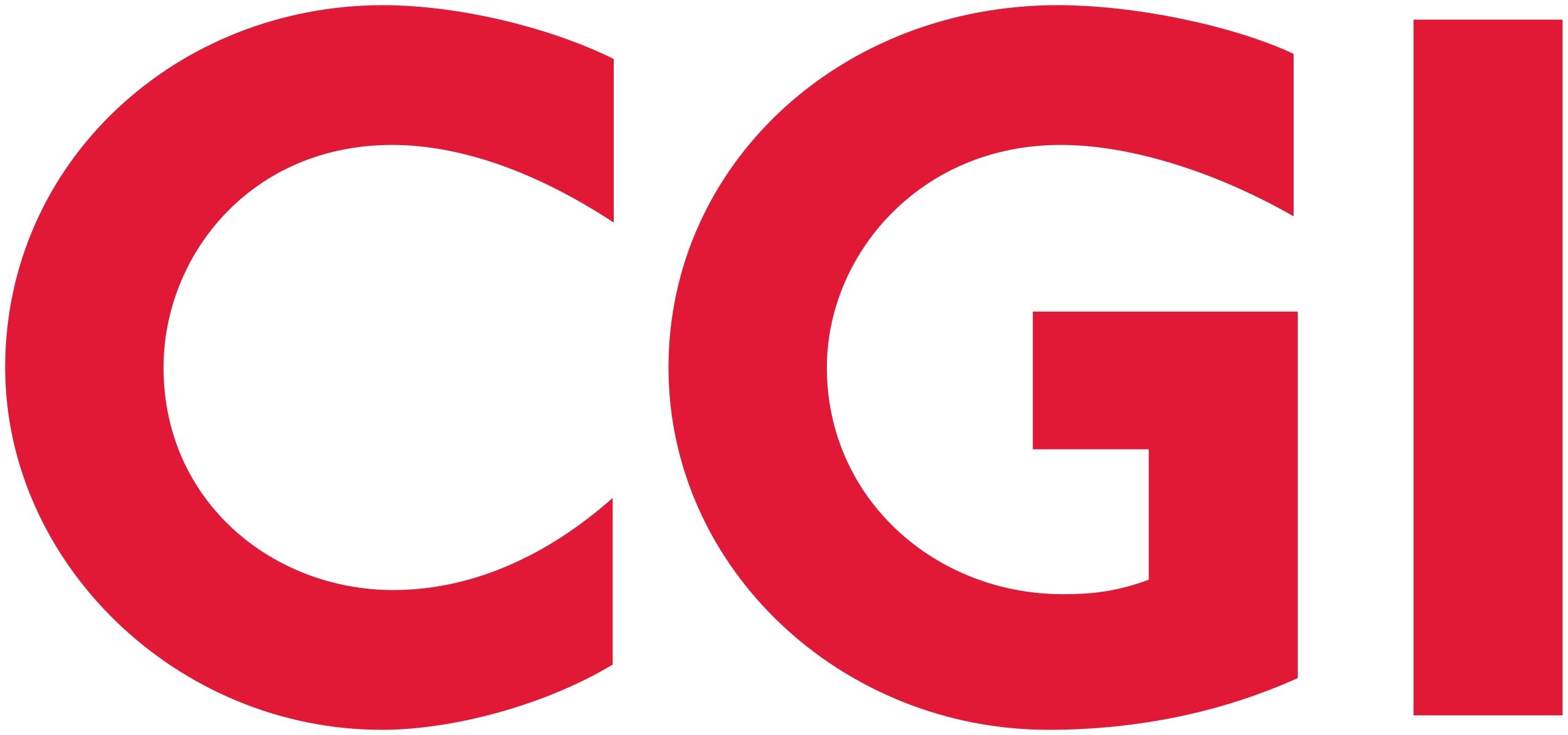PAGE CONTENTS
Objectives
This project provides an opportunity for European satellite operators and service providers to combine forces in a coordinated way and develop a set of common standardized interfaces they can all work with as their emerging Pooling and Sharing systems (PSS) for satellite communication (SatCom) services evolve, allowing the interoperability between individual systems and other operators to join the ecosystem in order to build a more appealing open solution.
The task of the project is the development of PSS-solution agnostic interfaces, targeting a near to market implementation acceptable by a large number of commercial operators, service providers and commercial PSS solution providers. Such a set of interfaces permits a natural evolution of the platforms into an appealing ecosystem that allow other operators to join seamlessly. This defragmentation of the market makes complementary and/or competitive offers to be available for a side-by-side comparison, which results in lower prices for users and a bigger market for all operators.
Challenges
The use of Agile methodologies, which helps facing the changes through all project duration, with incremental and frequent alignments between the stakeholders and delivery of small chunks of functionality, can be a challenge as the traditional “waterfall” approaches are more common among the industry partners.
At the same time, as it is the project’s aim to bring together a group of European satellite operators and service providers to develop a set of common standardized interfaces presents itself as a challenge as the different business interests need to be considered while the stakeholders have to be aligned on this joint definition of the interfaces.
System Architecture
Four interfaces to be defined were identified as part of the project:
-
An interface between PSS and resource providers (satellite operators or service providers) (#1).
-
An interface between PSS and other PSS platforms (#2).
-
An interface between the PSS and its users (#3).
-
An interface between PSS and its own governance/operator (#4).
The interfaces that need to be specified are shown in the diagram below.

The main focus of this project is on the interface 1, whereas the remain interfaces analysis is envisioned to support and ensure that the definition of the standardized interfaces is following a holistic approach.
Plan
The project brings together a group of European satellite operators and service providers to develop a set of common standardized interfaces for SatCom-related PSS platforms . There are two main kinds of collaborating companies in this project:
-
Service & Technology Providers will coordinate the project from management and technical aspects.
-
SatCom Operators will bring their expertise in the commercial operations of telecommunication satellites to define interface requirements and an overall Pooling & Sharing interface strategy.
The project consortium works using an Agile methodology. This approach is iterative and incremental, i.e., each cycle of the development will trigger the workflow between the different group of Work Packages (WP).
-
WP 1000 encompasses the Management and Quality Assurance activities that runs for the whole duration of the project.
-
WP 2000 is providing strategy and guidance based on SatCom Operators experience and needs. It provides inputs to WP 3000, that defines the interfaces from a technical perspective. These interface definitions are then used by WP 4000, where the design of the mock-up for verification and validation of the interface is defined. The WP 5000 uses that design to implement the mock-up.
The workflow is shown in the figure below.

Current Status
The project team started to define a list of Terms, Abbreviations and Definitions with the aim of documenting and registering the common understanding about the different entities such as Service, Operator, etc.
Exploring the TM Forum framework for data definition and API, an implementation was done for two examples of services, for which the descriptions were provided by satellite operators. This allowed to decide about the best framework to use.
At the moment, the project is defining the user stories and formal processes that shall be tested against the API. At the same time defining new data entities and services are identified to be implemented with the API.
Companies








